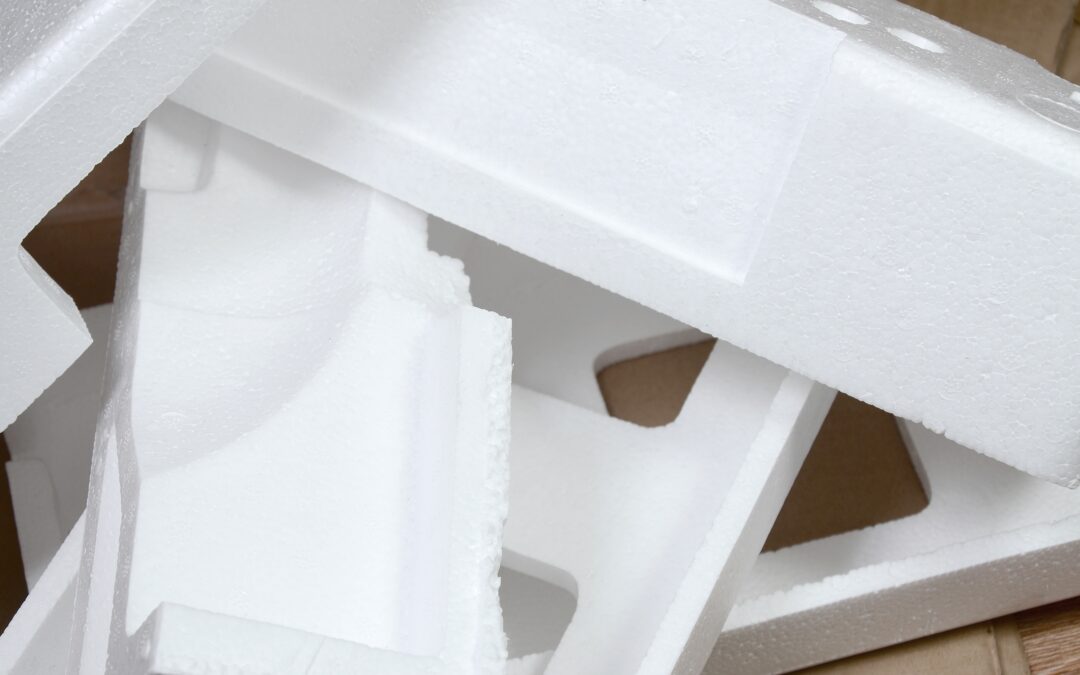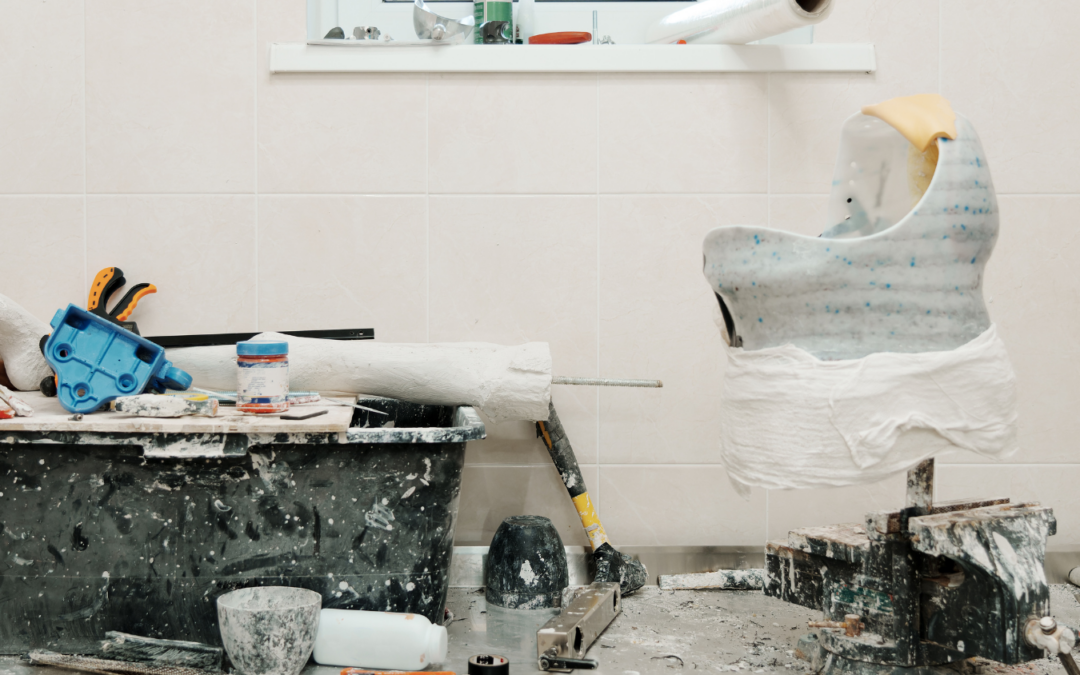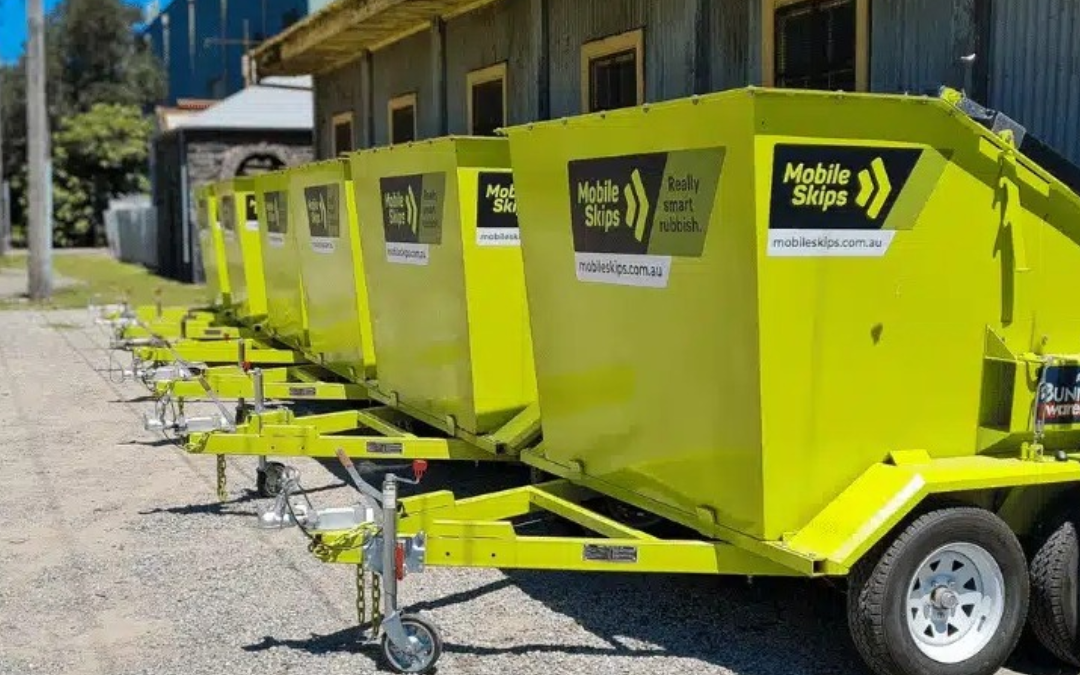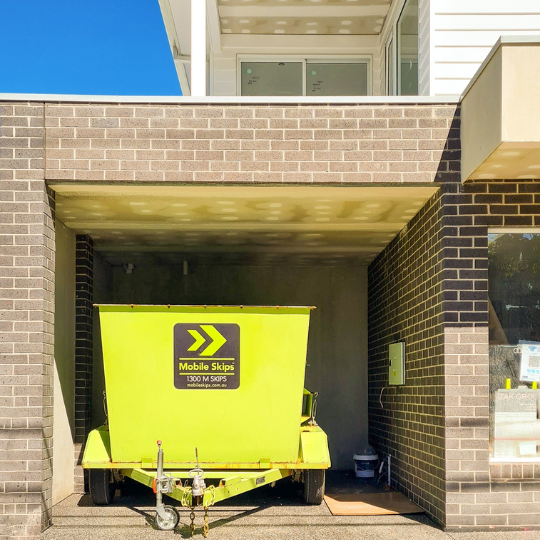How to Convince Someone to Declutter: Expert Tips and Practical Advice.
1. Start by Highlighting the Benefits
Stress Reduction and Mental Health
When encouraging someone to declutter, it’s helpful to focus on the mental health benefits. Referencing licensed psychologist and decluttering expert, Dr. Robin Zasio, reduced stress and decreased anxiety are some of the prime advantages of a tidier living space.
Decluttering can disrupt that overwhelming sense of chaos, cutting down on stress in a big way. When things are in order, your mind doesn’t have to work as hard to keep track of everything, freeing up mental bandwidth to focus on more meaningful activities. Dr. Zasio notes that even small efforts, like clearing off a cluttered desk, can make a noticeable difference.
Here are some key benefits to highlight:
- Less Physical Clutter Equals Less Mental Clutter: A tidy environment allows your brain to relax and put more energy into creativity and problem-solving.
- Reduced Anxiety: Knowing where everything is can alleviate that constant nagging feeling of needing to catch up.
- Improved Focus: Less clutter can lead to better concentration, making it easier to complete tasks more efficiently.
- Enhanced Mood: A cleaner space can significantly uplift your mood, making you feel happier and more positive.
For practical strategies and deeper insights on how decluttering can boost mental health, Psychology Today offers an excellent rundown.
By understanding the profound impact of clutter on mental well-being, one can be more motivated to take action and create an environment that promotes peace and productivity.
Increased Productivity
An organised space isn’t just relaxing; it’s also conducive to better productivity. Clutter often hinders efficiency and clarity, making it difficult for someone to focus on important tasks. When your surroundings are clutter-free, it becomes easier to locate items, streamline daily routines, and stay on top of your to-do list.
To truly understand the impact of an organised space on productivity, it helps to consider the research-backed strategies offered by professional organisers. For instance, keeping workspaces tidy and free from unnecessary items can significantly reduce distractions and improve concentration. This is especially important in home offices where the line between personal and professional life can easily blur.
Additionally, incorporating some organisational hacks from Real Simple can make a big difference. Simple practices, like using drawer dividers or storage bins, categorising items, and maintaining a regular cleaning schedule, can maintain a high level of productivity long-term. This not only enhances your efficiency but also contributes to a more harmonious and enjoyable living environment.
Improved Overall Well-being
A decluttered environment fosters a sense of control and tranquillity. The physical act of organising can be therapeutic and deeply satisfying, further contributing to one’s emotional and mental well-being. When you declutter, you are not just clearing physical space, but also mental space. This can lead to a more serene and focused mind, promoting overall happiness and satisfaction in your life.
- Boosted Mood: Clearing out unnecessary items can create a more open and spacious feeling in your home, which can lift your mood and create a more inviting atmosphere.
- Enhanced Mindfulness: Decluttering encourages mindfulness as you become more intentional about what you keep and what you let go. It’s a process of evaluating your possessions and understanding their true value to your life.
- Better Sleep: A clutter-free bedroom can significantly improve your sleep quality, making your nightly retreat more restful and your mornings more energising.
For some inspired ideas on creating a clutter-free environment that promotes well-being, check out The Spruce’s extensive guide. They offer a myriad of strategies to manage clutter and enhance your living spaces, ultimately contributing to a healthier and more enjoyable home life.
Feel the positive impact of a well-organised space, and see how it can transform your emotional and mental well-being.
2. Take Small Steps for Big Changes
Start Small
Dr. Zasio recommends beginning with a small area, like one drawer or closet. Trying to tackle an entire house at once can be overwhelming. Starting with manageable sections can build momentum and make the task seem less daunting.
Here are some tips to help you get started:
- Identify a Clutter Hotspot: Find a small, cluttered area in your home that bothers you the most. This could be a drawer, a shelf, or even a corner of a room.
- Set a Timer: Give yourself a set amount of time, like 15 or 30 minutes, to focus solely on decluttering that specific spot. This time limit keeps the task from feeling endless.
- Sort it Out: Use the “Three-Box Method”—one box for items to keep, one for items to donate, and one for items to throw away. This method helps in making quick and efficient decisions.
- Clear as You Go: As you declutter, don’t just move items from one place to another. Make sure each item goes to its designated box.
- Celebrate Small Wins: After decluttering a small area, take a moment to appreciate the cleaner space. This will boost your motivation to tackle larger areas.
For further inspiration, Dr. Zasio’s advice can serve as a helpful resource in understanding how small efforts can lead to significant changes in your home. Happy decluttering!
Set Realistic Goals
Set achievable goals that can be broken down into smaller tasks. This approach ensures continuous progress and helps in maintaining motivation throughout the decluttering process. Aiming for realistic targets prevents burnout and makes the individual feel accomplished, spurring them on to continue the process.
- Identify Problem Areas: Focus on the spots that cause the most stress, like a cluttered kitchen bench or overflowing wardrobe.
- Prioritise Tasks: Determine which areas need the most attention and tackle those first.
- Time Block Your Tasks: Allocate specific times for decluttering tasks to avoid feeling overwhelmed.
By breaking the process down into smaller, more manageable steps, you’ll find it easier to maintain motivation and see consistent progress. This method not only simplifies the task but also makes it more enjoyable.
For more tips on setting realistic goals and staying motivated, The Spruce offers an excellent guide on starting small and making the process less daunting.
3. Organisational Hacks for Every Room
Getting every room in your house organised can seem like a daunting task, but with some clever hacks, it can be done efficiently and without much stress. Let’s break it down room by room:
- Kitchen: Use drawer organisers to keep utensils tidy and easy to find. Magnetic strips can hold knives and metal tools, freeing up drawer space. Hanging racks for pots and pans also help in utilising vertical space effectively.
- Bathroom: Install shelving units above the toilet and under the sink for extra storage. Small baskets can help categorise and store toiletries, keeping countertops clutter-free.
- Bedroom: Opt for under-bed storage solutions to hide away seasonal clothing or extra bedding. A closet organiser system can also make a world of difference by maximising the available space.
- Living Room: Use furniture that doubles as storage, like ottomans with hidden compartments. Keep remotes, magazines, and other small items in decorative boxes or baskets.
For more clever and practical hacks, Real Simple offers a range of quick fixes designed to help you organise every room in your house. Whether it’s the kitchen, bathroom, bedroom, or living room, their tips can make a significant impact without requiring a lot of time or effort.
4. Understanding the Psychology of Clutter
Why Mess Causes Stress
Clutter often leads to feelings of anxiety, depression, and being overwhelmed. According to the National Association of Professional Organizers, eliminating clutter can reduce housework by up to 40%. The Washington Post explores the science behind why clutter is so stressful.
Effective Strategies to Declutter
Getting rid of excess items can be challenging, especially for those reluctant to part with their belongings. Apartment Therapy provides tips to make letting go easier and less emotional.
Why Mess Causes Stress
Clutter often leads to feelings of anxiety, depression, and being overwhelmed. According to the National Association of Professional Organizers, eliminating clutter can reduce housework by up to 40%. The Washington Post explores the science behind why clutter is so stressful.
Effective Strategies to Declutter
Getting rid of excess items can be challenging, especially for those reluctant to part with their belongings. Apartment Therapy provides tips to make letting go easier and less emotional:
- Adopt the “One In, One Out” Rule: For every new item you bring into your home, commit to removing one unnecessary item. This keeps your belongings in check and prevents new clutter from accumulating.
- Create a Declutter Calendar: Schedule regular decluttering sessions to ensure continuous progress. Begin with short, frequent sessions like 10-15 minutes daily, and gradually increase as you build momentum.
- Sort Items by Category: Instead of organising room by room, try sorting by category. For example, gather all books in one place or organise your wardrobe separately. This method, popularised by Marie Kondo, provides a clearer picture of the volume of items you own.
- Use the “Four-Box” Method: Label four boxes as “Keep,” “Donate,” “Sell,” and “Trash”. As you go through your belongings, place each item in the appropriate box, making the decision process straightforward and efficient.
- Embrace Sentimental Items Thoughtfully: It’s natural to have trouble parting with items of sentimental value. Select a few meaningful things to keep and display them proudly. Consider creative memory solutions, like photos or scrapbooks, to preserve memories without retaining every physical object.
By implementing these practical strategies, decluttering becomes a more manageable and less daunting task, paving the way for a more serene and organised living space.
5. Statistics and Facts To Inspire Your Decluttering
Shocking Statistics on Clutter Around the World
- According to UCLA’s Center on Everyday Lives and Families, the average home contains approximately 300,000 items. This abundance of possessions is directly linked to elevated stress levels.
- A staggering figure reveals that Americans annually spend around $24 billion on self-storage units, highlighting the epidemic of cluttered homes.
Minimalist Movement Insights
The minimalist movement has gained traction worldwide, encouraging people to live with less and embrace simplicity. Did you know that only 20% of owned items are regularly used? This startling fact underscores the importance of decluttering, as reducing excess possessions can lead to a more focused and manageable lifestyle. For instance, integrating minimalist principles into your home can foster a sense of freedom and clarity, making daily routines smoother and more enjoyable. Moreover, it aligns well with sustainable living practices, helping the environment by reducing waste.
The movement’s popularity isn’t just a trend but a reflection of deeper societal shifts towards valuing experiences over material possessions. If you’re curious about exploring this lifestyle further, there’s a wealth of information and practical advice available to get started. For instance, this comprehensive guide filled with tips to help simplify your life through minimalism.
By embracing minimalist principles, you can create a home environment that reflects your true needs and values, making it easier to maintain a decluttered and organised space. The benefits go beyond just physical tidiness, contributing to a more intentional and fulfilling life. So why not give it a go and see the positive impact it can have on your overall well-being?
By understanding these facts and statistics, it becomes clear why the decluttering movement has gained such momentum. Adopting a minimalist approach can lead to significant improvements in mental and emotional well-being. For those seeking inspiration, Joshua Becker offers an insightful perspective on living with less.
6. Overcoming Common Barriers to Decluttering
Facing clutter can be overwhelming, and it’s common to encounter resistance. But with the right strategies, the process doesn’t have to be daunting. Here are some practical ways to overcome the most common barriers to decluttering:
- Emotional Attachment: Many people find it difficult to part with items due to sentimental value. It helps to remind oneself that memories are not tied to physical objects and that letting go can create space for new experiences. One effective strategy is to take a photo of the item before donating or discarding it.
- Procrastination: Procrastination is a significant barrier. To combat this, break the task into smaller, manageable chunks. Allocate specific times of the day or week dedicated solely to decluttering. Even 15 minutes a day can make a substantial difference over time.
- Fear of Needing the Item Later: This is a common concern. Ask yourself if you have used the item in the last year. If the answer is no, it’s likely you won’t miss it. For those hesitant, consider a “maybe” box: store items you’re unsure about, and if they remain unused for six months, let them go.
- Lack of Time: Busy schedules can make setting aside time for decluttering difficult. Consider integrating it into daily routines. For instance, declutter one drawer while watching television or clear out the fridge while cooking dinner.
- Decision Fatigue: The multitude of decisions needed during decluttering can lead to fatigue. Simplify choices by setting clear criteria. For example, if it’s broken, hasn’t been used in a year, or doesn’t bring joy, it goes. Sticking to a consistent set of rules can ease the decision-making process.
Encourage small steps and consistent efforts. Make the process enjoyable by setting achievable targets and celebrating small victories along the way. With these practical strategies, decluttering can transform from a daunting task into a rewarding endeavour.
Conclusion
Decluttering is not just a physical exercise but a mental necessity for a happier, healthier life. By understanding its benefits and approaching the task thoughtfully and systematically, anyone can transform their home into a space of peace and productivity. Happy decluttering!






